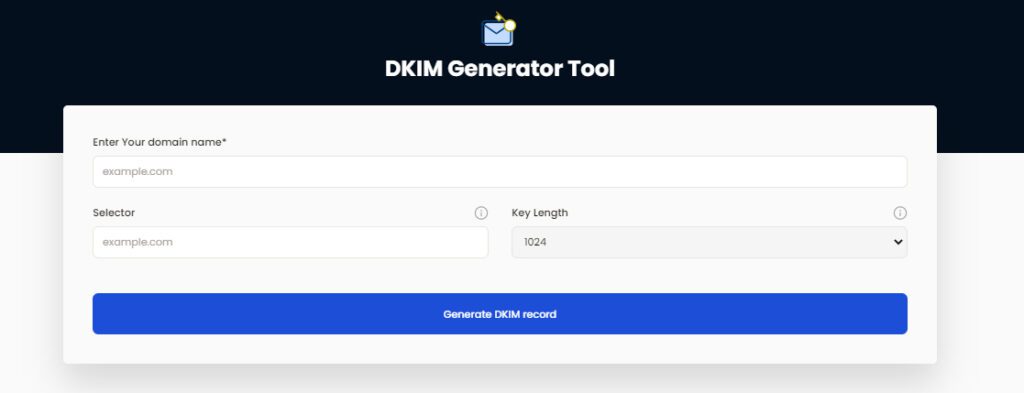How to Set Up DKIM for Simply.com (Unoeuro)?

DKIM uses cryptographic signatures and public-key infrastructure to verify that an email message has not been altered during transit and that it truly came from the claimed sender. Email senders can use DKIM to sign their messages by adding a DKIM-Signature header field to the messages. Email receivers can then use the public key published in the DNS to verify the signature and check that the message has not been tampered with.
Steps to Configure DKIM for Simply.com
If you send emails using Simply.com’s internal domains and email servers, such as smtp.simply.com, and their webmail, DKIM is automatically activated for you. The following DKIM TXT record is preset for Simply.com’s domains:
unoeuro._domainkey CNAME dkim.simply.com
There is no manual setup required in this situation.
Alternatively, if you need to send emails that are forwarded through Simply.com using your own domains, you must manually configure your record by doing the following:
Step 1: Use our free DKIM record generating tool to create your DKIM key pair.

Step 2: Get Your DKIM Public Key Available for Simply.com by following these steps:
- Sign in as the administrator to your DNS provider’s administration console.
- Go to the DNS records section of each of your domains.
- Depending on the type of DKIM record that has been provided to you, generate a TXT or CNAME record.
- Copy and paste the hostname and value
- Save your record’s modifications and wait 48–72 hours for your DNS to take effect.
Use our free DKIM record lookup tool to validate the published DKIM record.
You can use Skysnag’s free DKIM Checker to check the health of your DKIM record here
Enable DMARC for your domains to protect against spoofing. Sign up for a free trial today!
For more information on Simply.com DKIM setup, you can refer to their reference documentation




